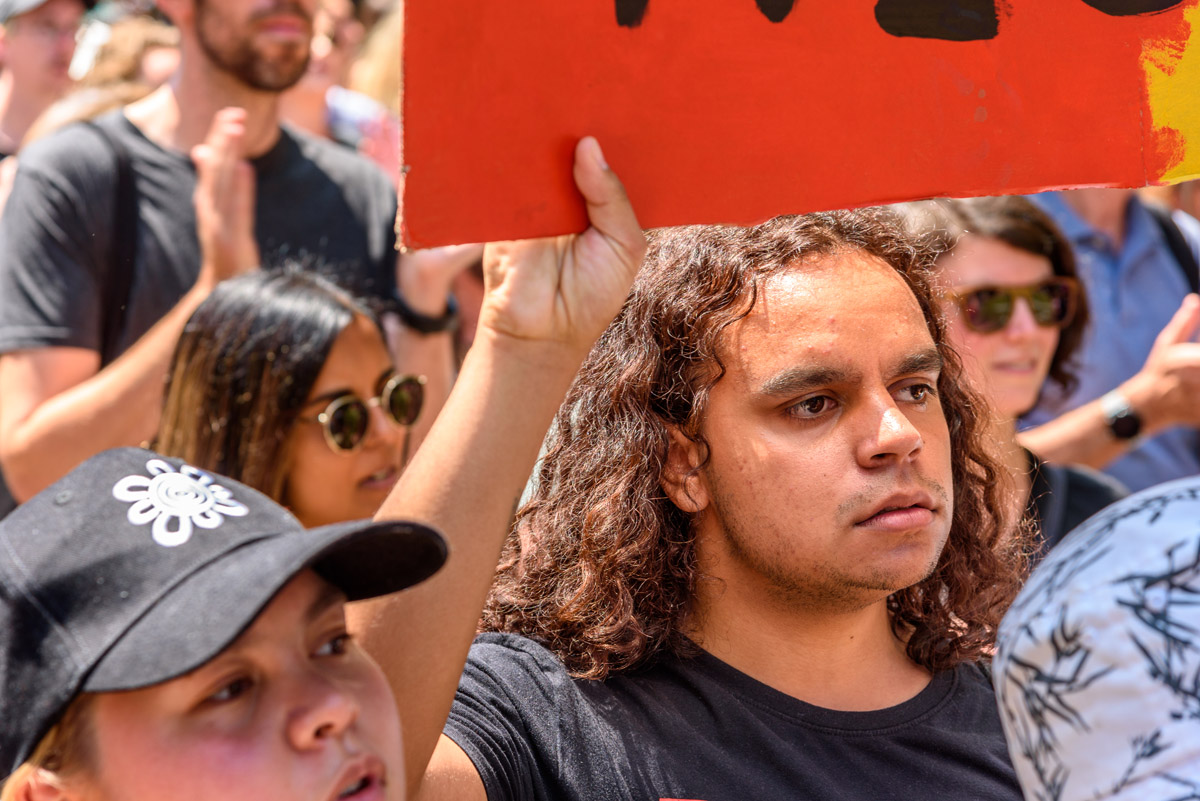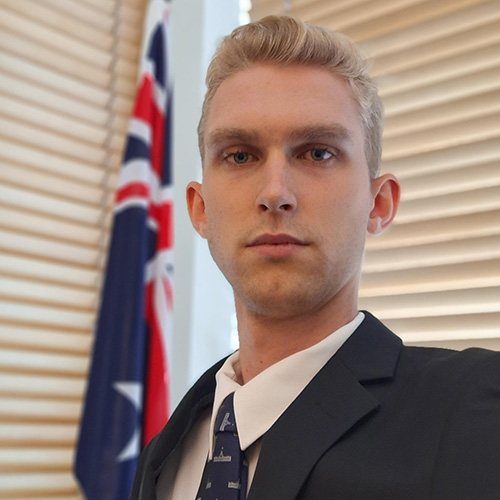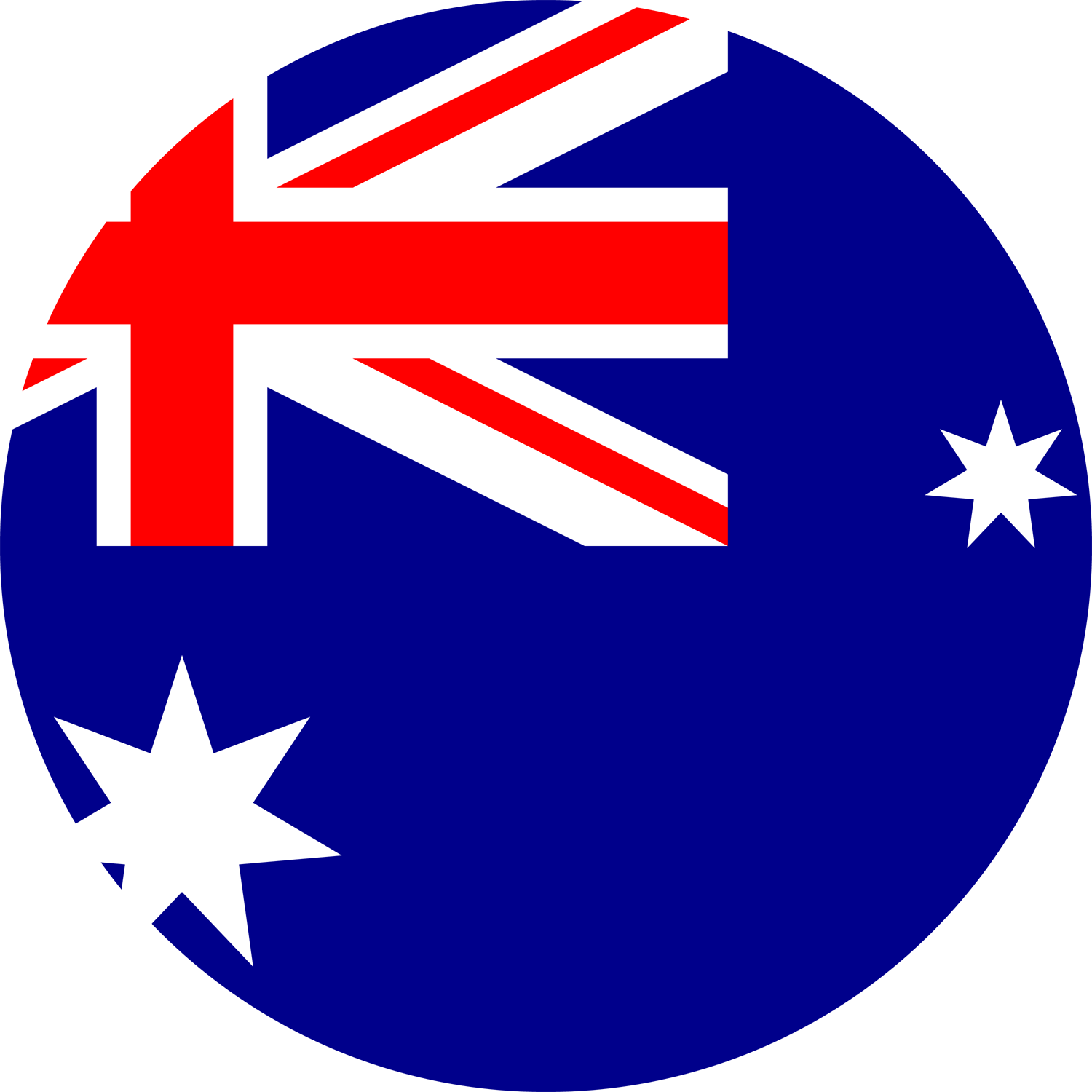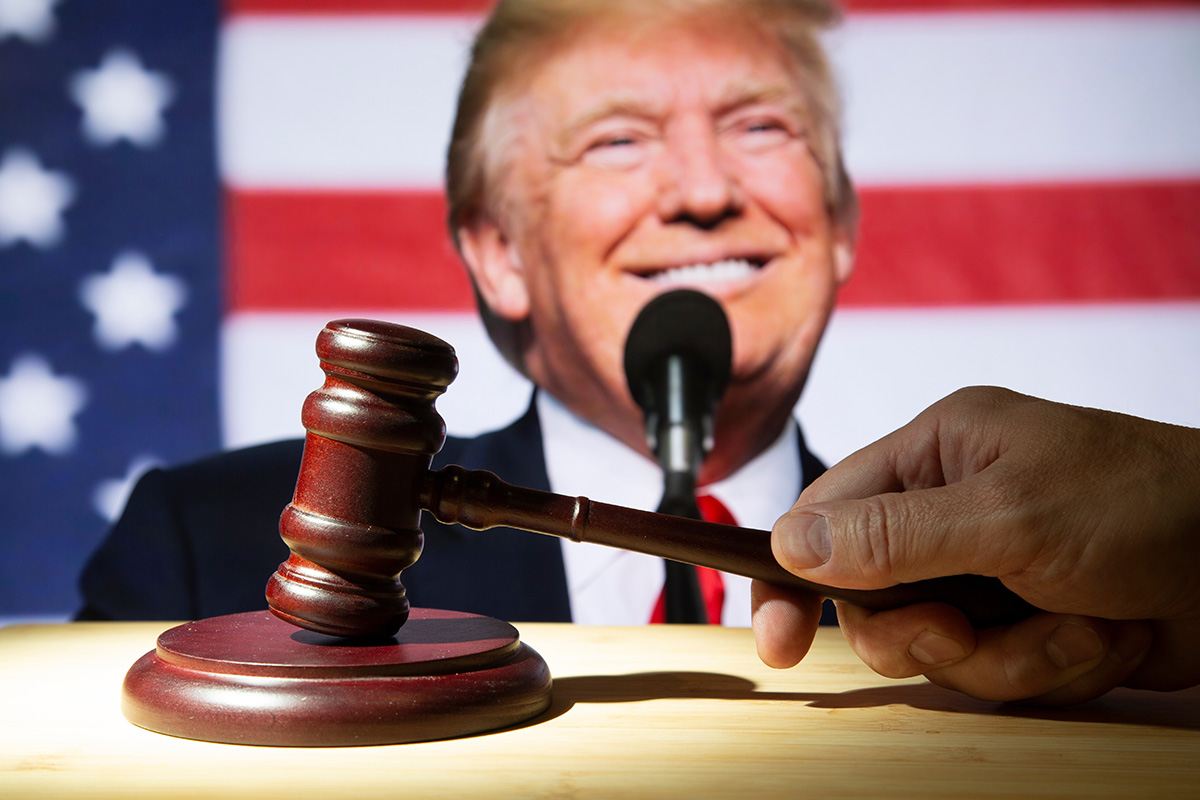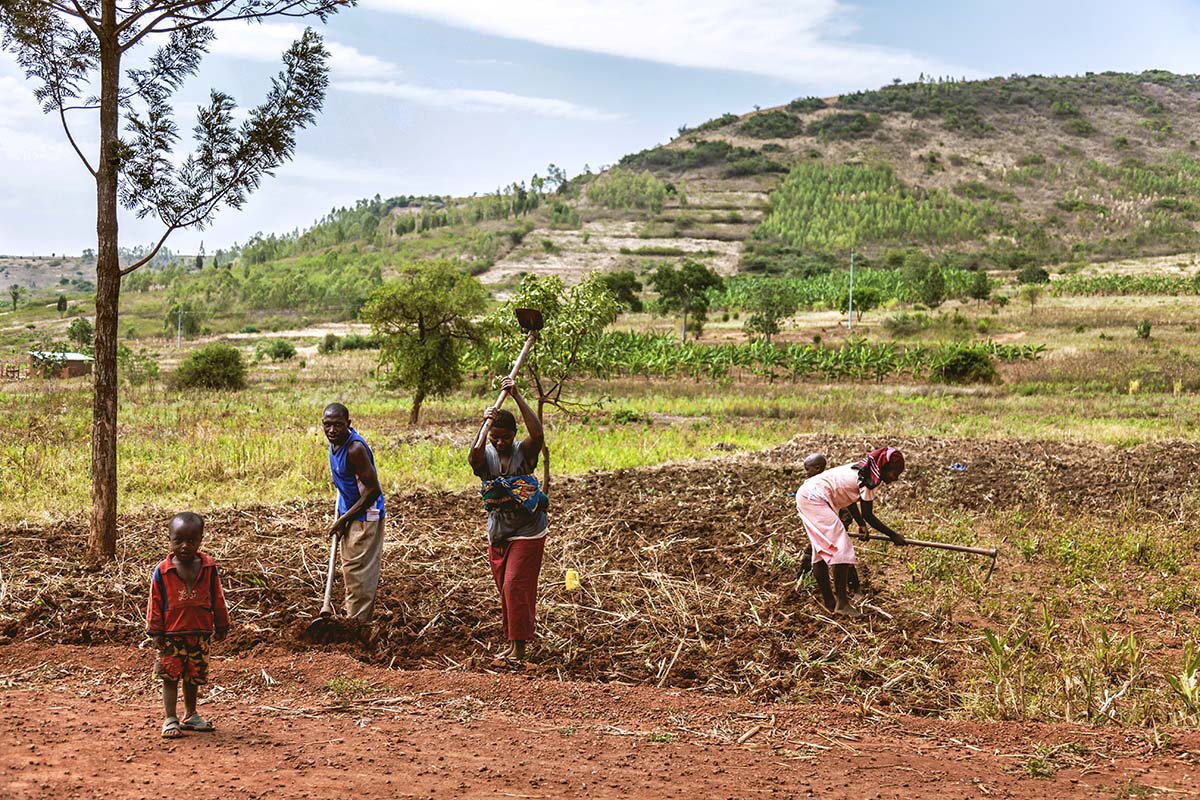Australia being polarized by Indigenous “Voice” Constitutional Debate
April 30by Cody Mitchell
Australia’s Labor Prime Minister, Hon. Anthony Albanese MP, has committed to supporting a referendum later this year to install an advisory Indigenous Voice to Parliament in the Constitution.
The Yes campaign has received widespread support from a range of stakeholders, including prominent corporates, businesses, media personalities, and politicians. But the support is not universal.
Hope for bipartisanship evaporated when the major opposition party, the Liberal Party, signalled its intent to campaign against the Prime Minister’s model—following lengthy consultation with Indigenous Australians and the government.
When announcing his party’s position, the opposition leader, the Hon Peter Dutton MP, stated: “We want to make sure that we can get the best possible outcomes for Indigenous Australians and we do that through recognising Indigenous Australians in the Constitution, and by providing for their say, their voice, to be heard by government in a very clear way – but at a local level. Having a Canberra Voice is not going to resolve the issues on the ground in Indigenous communities.”
Controversially, following the party’s decision, Senator the Hon Julian Leeser, the shadow spokesperson for Indigenous and legal affairs resigned from his frontbench position to campaign for the Yes position. However, Leeser made it clear that he continued to have strong reservations about the particular model put forward by Prime Minister Albanese.
Senator the Hon Jacinta Nampijinpa Price, the new Shadow Indigenous Affairs Minister, Country Liberal Party senator, and Warlpiri woman, is also a prominent No campaign figure. She argues that the Voice will ultimately entrench disadvantage for Indigenous peoples and divide Australians on the basis of race, rather than uniting them.
The Nationals, Australia’s major rural party have previously indicated that they will campaign against the Voice. The party argued that another layer of bureaucracy would not improve the situation for Indigenous peoples. Although it is a conservative party, the Nationals also represent the majority of Indigenous Australians, who are overwhelmingly based in remote and rural communities.
The controversial decision, announced early in the campaign in late 2022, prompted state MP Andrew Gee to quit the Nationals in protest over the position.
But the Liberals and the Nationals are not the only parties to experience splits. When the Australian Greens Party announced their support of the Voice, high-profile black sovereignty activist Senator Lidia Thorpe quit the party to join the No case.
Although a majority of Australians still appear to sympathise with the Yes case, that number is dwindling, with opposition to the Voice hardening and many concerned that it will not deliver outcomes for Indigenous Australians.
Within the Indigenous population, a poll has indicated that there is a high degree of in-principle support for a Voice to Parliament. However, former Australian Labor Party national president and Aboriginal leader Nyunggai Warren Mundine has questioned this statistic.
Mundine claimed that many Indigenous Australians in remote and regional areas—where outcomes are the worst—do not even understand the Prime Minister’s proposed model and don’t see how such a body would relate to their every-day lives. He also noted the relatively small sample size of 300 people surveyed.
As the debate heats up towards the end of the year, a consensus on the Voice referendum—or even a strong majority—is looking increasingly unlikely.
